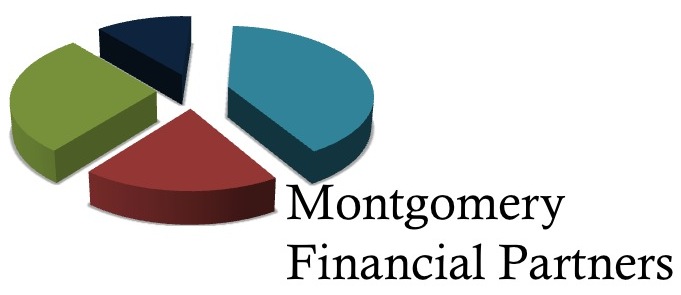Yes, we always make New Year’s Resolutions on January 1st. Then the question is how long we can keep them after that. The beginning of the year is a good time to make financial resolutions. While we support keeping good financial habits all year long, January is a time to set budgets, think about savings, and consider the year ahead. Here are four financial New Year’s Resolutions you should consider.
Save More In Your 401(k)
We recommend that you put as much into your 401(k) as you can. First, if you have a match from your employer, you should max out that match. That means that if they will match you to 3%, you should be putting in 3%. In October, the IRS announced that they are increasing the limit for 401(k) contributions to $22,500. While it is not always financially feasible to reach that number and reach other financial goals you have in mind, do know that you can save quite a bit for retirement each year through a 401(k). If you are over 50, you can also contribute more to your 401(k) through catch-up contributions. Those 50+ can put up to $30,000 in their 401(k) in 2023.
Save More for Retirement
Saving more for retirement might be a hard goal in 2023, as people are still nervous about inflation and interest rates. However, we always encourage you to put as much as you can into retirement. First, investing when the market is down isn’t a bad thing. Saving for retirement is a long-term project, and while the market might not rebound this year, the historical data shows that 10-year averages do indicate growth. And, in addition to limits being higher for 401(k) contributions, IRA contribution limits have also increased in 2023 to $6,500 (or $7,500 if you are over 50).
Consolidate Accounts
We see it often: a 401(k) from an old job here, a new 401(k or an IRA there, and maybe even a CD or other portfolio, too. Lots of investments in lots of places. The new year is a great time to map out what investments you have and talk to a financial professional about consolidating those accounts. Consolidating accounts mean less headaches and fewer questions like, “Where is my money?” and “How much have I contributed?” It can also provide certain benefits on taxes if you rollover a 401(k) to an IRA. If you have an old 401(k) at a previous place of employment, you may also be subject to additional fees because you are no longer an employee. Talking to us and your financial planner can help you figure out the best way to deal with multiple retirement and investment accounts.
Update Your Beneficiaries
We may sound like a broken record on this one, but update your beneficiaries! Over the last year, something may have changed in your life, and maybe your beneficiaries need to reflect those changes. Beneficiaries supersede heirs in your will, and having beneficiaries makes the process of disbursing assets after your death easier.
As always, please contact us if you have any questions about your investments, retirement, or financial plans.
Securities offered through Registered Representatives of Cambridge Investment Research, Inc., a broker-dealer, member FINRA/SIPC. Advisory services through Cambridge Investment Research Advisors, Inc. a Registered Investment Advisor. Cambridge and Montgomery Financial Partners are not affiliated.
This communication is intended for people in the following states: AL, AZ, CA, DC, FL, MA, MD, MN, NC, NJ, NY, OH, OR, PA, SC, TX, VA, VT, WA, WV
This site contains third-party links. The information being provided is strictly as a courtesy. When you access one of these websites, you are leaving our website and assume total responsibility and risk for your use of the websites you are linking to. We make no representation as to the completeness or accuracy of information provided at these websites. Nor is the company liable for any direct or indirect technical or system issues or any consequences arising out of your access to or your use of third-party technologies, websites, information, and programs made available through this website.
Cambridge does not offer tax advice.


Recent Comments